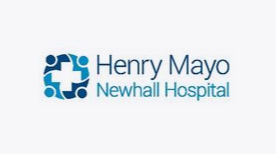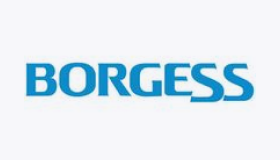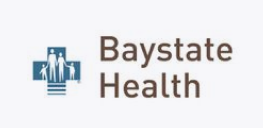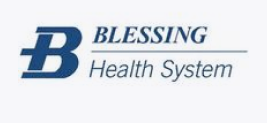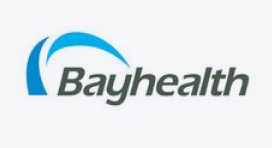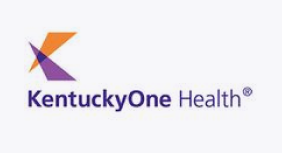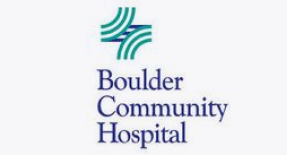April 30, 2022
Is Specialty Pharmacy Accreditation Worth the Cost & Effort?
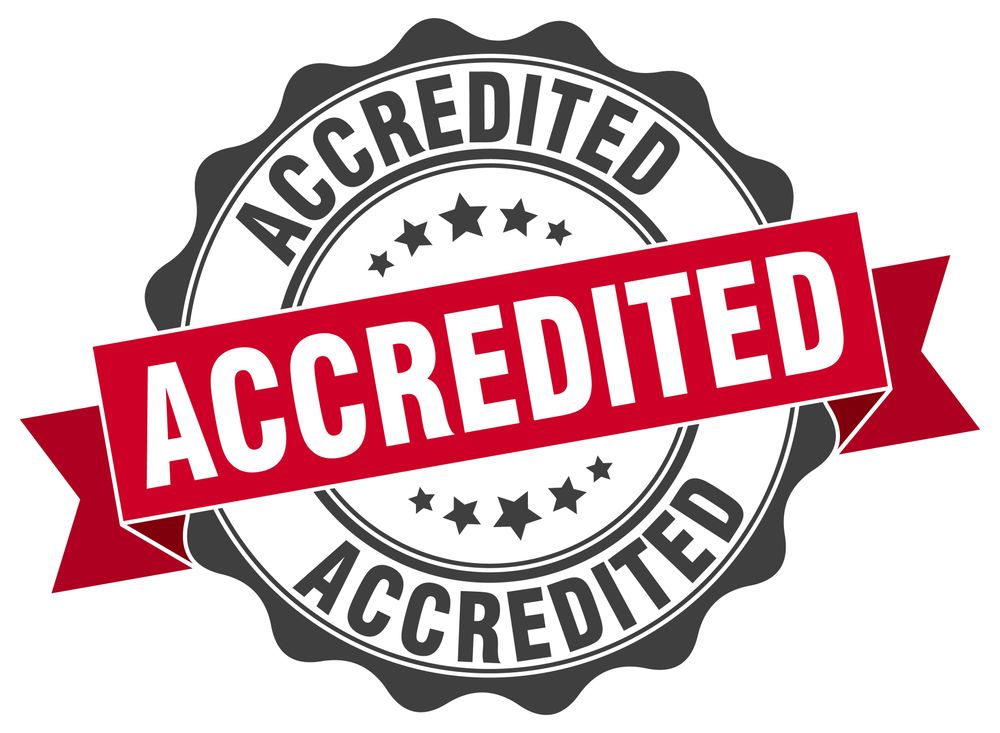
The answer: It depends
As more hospitals and health systems move into the specialty pharmacy business, the importance of accreditation always looms.
Quite simply, if a pharmacy wants to have access to limited-distribution drugs as well as payer coverage beyond Medicare (and sometimes Medicaid, depending on the state), accreditation by at least one, and sometimes two accrediting bodies is a must.
However, if the focus of the pharmacy is toward specialty medications that have open-distribution (of which there are many), and is happy with just catering to the Medicare patient, then they might not consider the cost and effort of specialty pharmacy accreditation worth the investment.
One large hospital that we have worked with is extremely satisfied with their specialty pharmacy operation and currently don’t plan on undertaking the accreditation process. They can fill about 55% of all the prescriptions that they see with payers (mostly Medicare) and then can fill about 90% of those with open-distribution specialty drugs (e.g. Humira, Enbrel, Copaxone, Lonsurf, Capecitabine). So, all in all, this hospital pharmacy can fill about 49% of every prescription they see. They have held off on the accreditation process because they do not have the approval to increase their staff by the one to two FTE’s that they believe they will need to manage the accreditation process, which many describe as ‘grueling.’ On top of this, is the approximate $50,00 in costs for accreditation.
On the flip side, hospitals like Vanderbilt University Medical Center are further down the specialty pharmacy path. Like many hospitals, they grew their specialty pharmacy business out of their outpatient pharmacy operation, and while the pharmacists knew how to dispense medication and manage the protocols of a patient on a specialty medication, they did not have the necessary documentation in place. Jerry Buller, the director of specialty pharmacy services at the medical center cited two essential doors that accreditation opened: The first was access to limited distribution drugs, and the second was access to payer contracts. Dr. Buller commented that “Meeting all the performance requirements for URAC and ACHC has raised the bar and allowed us to be in the conversation with large national payers.”
Most hospitals that we work with choose to open a specialty pharmacy and wait for a year or two before even considering specialty pharmacy accreditation – the most common of which is URAC as a first step.
If you have any questions about the value of specialty accreditation and if it is right for your hospital, then please do not hesitate to contact us about the options available.



